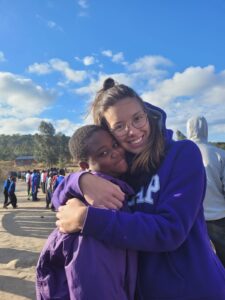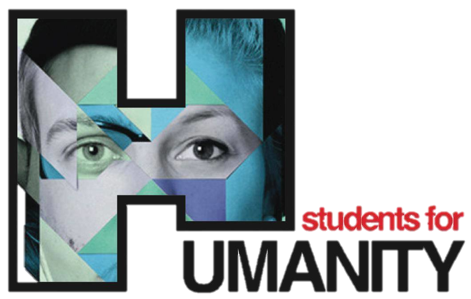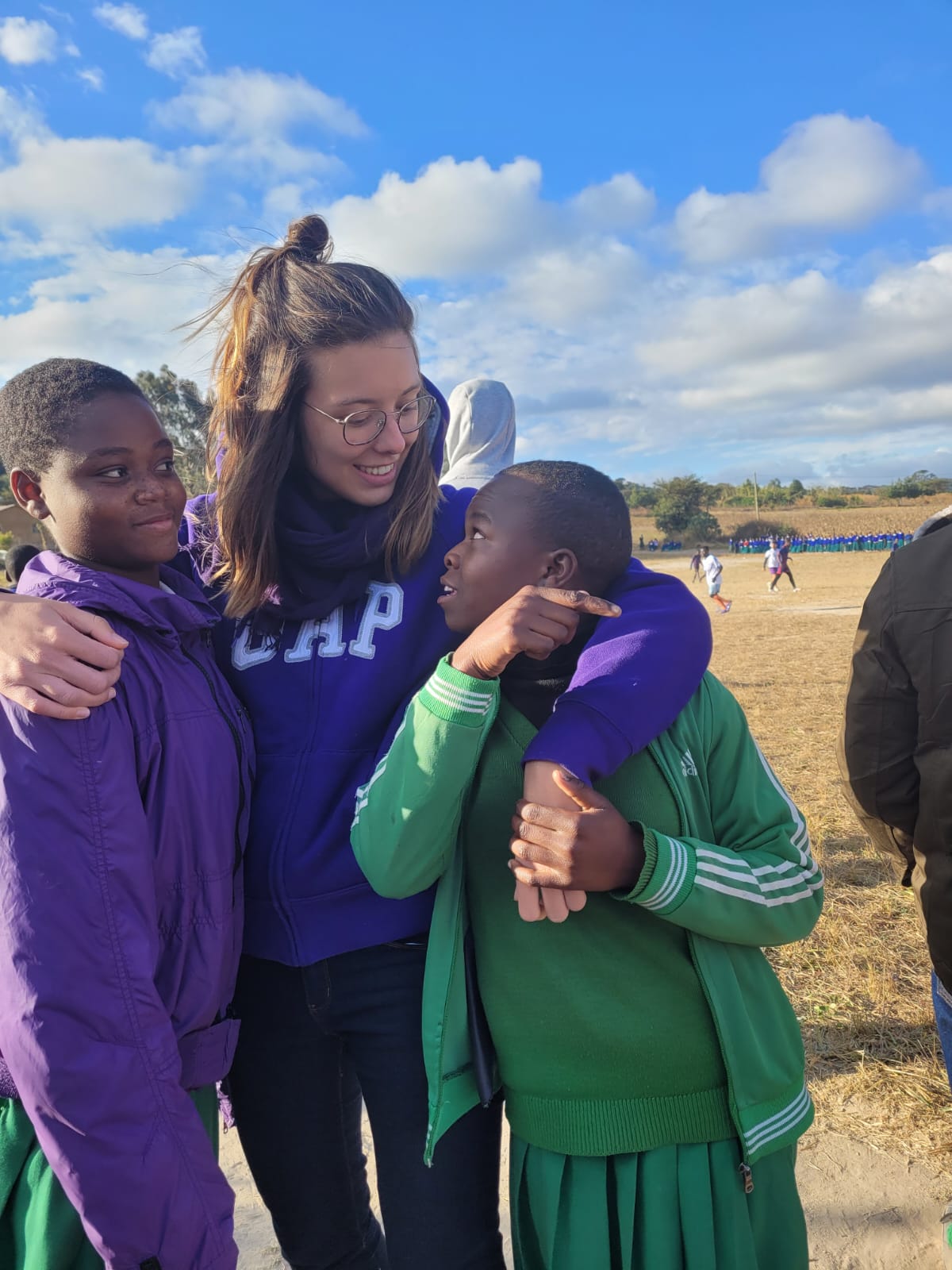Interview to Sara: Q&A from an aspiring Wasa volunteer to a former one
I definitely had the opportunity to observe things form a different perspective when I was in Wasa. As soon as I came back, I realized that there isn’t a right or wrong way to live life and to view the world, but it depends on our culture and our habits. Having the opportunity to live is such a different reality made me appreciate so many things that I didn’t even consider before. I realized that, despite poverty, problems linked to education or sanity, people in Wasa can find happiness in so many little aspects of life that we give for granted. I learned to live in the present and appreciate the little things. Happiness is now, everyday in the little things and not in the future.
What moments still live in your heart?
Something that I remember with a smile and that is a memory that I still keep in my heart is that the first days that we were there it was very difficult to communicate with the students because we did not have a common language because they did not understand English very well, and we did not understand one another completely. But as soon as we started interacting, we immediately found alternative ways to communicate: either with gestures or with Google translate, I was surprised that we could interact, but especially that we could build such amazing and strong connections. In particular, a girl named Hossiana (in the picture) has a special place in my heart because of her smile and her sweetness.
What would you say to someone who wants to go to Wasa but is afraid of not being able to bond with the students because of the cultural differences?
It is very important to leave for this trip with a very open mind, with no particular expectations nor influences. On the contrary, my advice is to go completely with the flow, get to know the local culture, embrace it and make it yours. Don’t expect to find similar things to our culture, but try to let Wasa surprise you on every aspect and to put yourself in the local people’s shoes: they might not fully trust you at the beginning because of the differences but with love and patience you can overcome every obstacle.
 Were there any difficult moments? How did you overcome them?
Were there any difficult moments? How did you overcome them?
The most difficult moment was certainly when we arrived: after a long trip, we were a bit tired and unsettled. The first days we were quite disoriented because of the cultural differences, but I think it is normal when facing a reality and a lifestyle that is completely different from ours. To overcome this situation I really didn’t have to do anything in particular and it came in quite a natural way: I was just the most flexible open, and enthusiastic that I could be. I got to know the local culture quite quickly and got acquainted with it in an easy and natural way. Also, the love and affection of the local people and students greatly impacted our ability to merge with them.
What did you eat everyday? And what did you expect to eat?
I really didn’t know what to expect, but since I was not a tourist I expected to eat their local food and share it with the Baba. For breakfast we had coffee, bread and jam and really yummy typical sandwiches, called Mandazi. For lunch we had Ugali, a sort of “polenta” with meat or fish and vegetables. For dinner we usually had white rice or a very good rice that is called Pilau with fish and vegetables. I really enjoyed the food!!
Emma Tully


